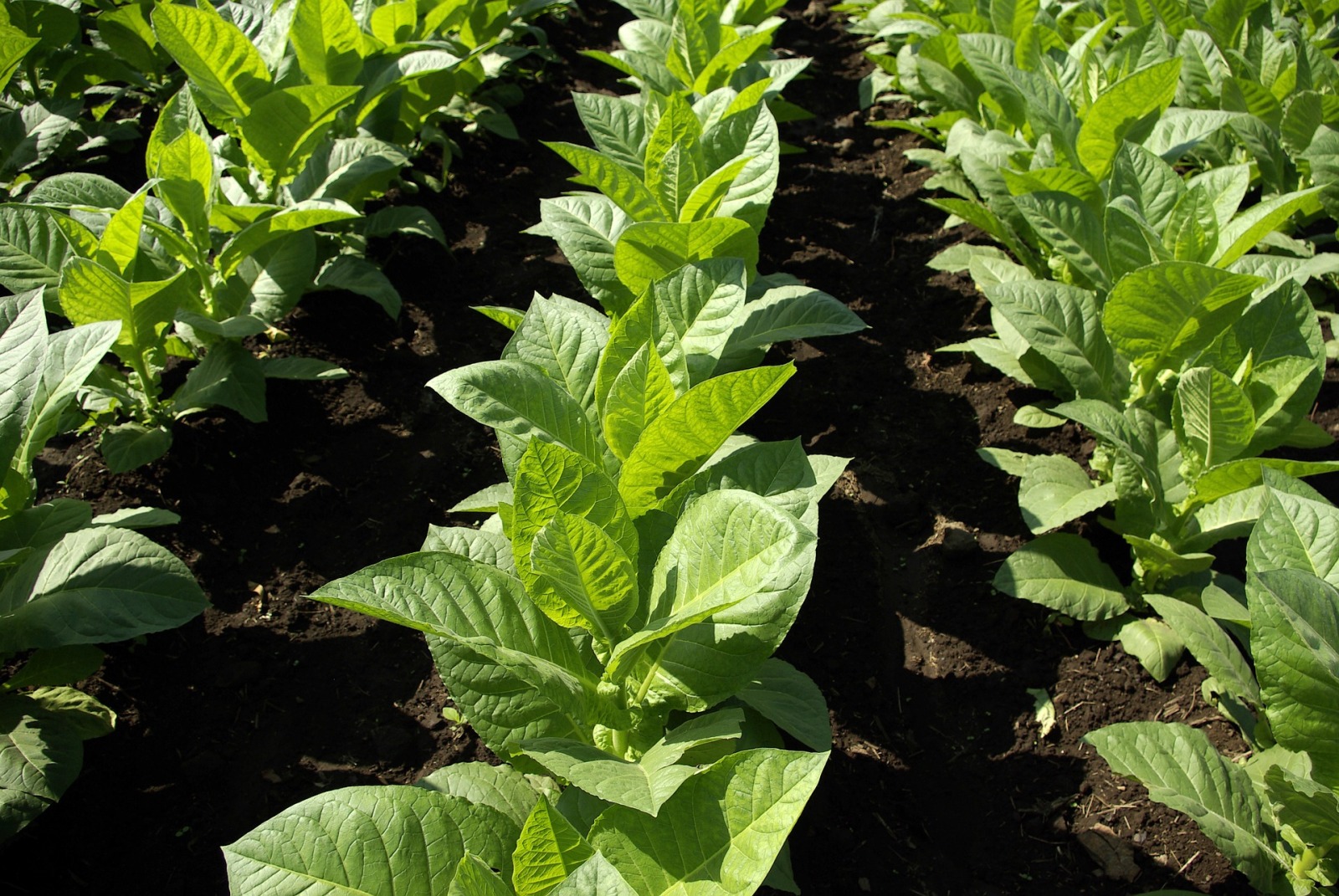The team of scientists from Germany genetically modified tobacco plants to help produce a drug which fights malaria. Until now, the researchers had to plant large amounts of a yellowish herb called Artemisia annua, also known as Sweet Annie to make the drug, but the yields were low and the production costly.
produce a drug which fights malaria. Until now, the researchers had to plant large amounts of a yellowish herb called Artemisia annua, also known as Sweet Annie to make the drug, but the yields were low and the production costly.
In Africa every 30 seconds a child dies from malaria. Battling against this merciless killer is challenging for various reasons, among them the difficulty of creating drugs to fight malaria. As artemisinin based drugs are in short supply because of the high cost of obtaining the drug chemically, piecing together a cheaper way to make the artemisinic acid is first and foremost.
Now, the team of German researchers found a way to boost the production of an anti-malaria drug and designed a high-yield tobacco variety to replicate the biochemical system by which artemisinin is biosynthesized.
They used a genetic engineering method to transplant the genes, responsible to create artemisinic acid, in the tobacco plant. This kind of genetic transformation makes a tobacco the attractive system for the design of drugs because of the possibility of large scale production at low cost.
The team then used their best line for introduction of additional set of genes into its nucleus. These harbouring genes encode proteins that increase the synthesis of the artemisinic acid.
After generating more than 600 bioengineered tobacco plant lines with different combinations of these genes, the scientists then looked up which leaf produced the highest amount of artemisinic acid.
After a simple chemical conversion of the acid into its active antimalarial form, the drug can then do wonders among hundreds of millions sufferers for whom malaria represents a daily threat.
Industrial scale-up would be required to raise artemisinic acid production, but the novel approach can reduce the cost of artemisinin therapy significantly.
"The advantage of the plants is that they provide a cheaper production platform, they are renewable and easy scalable. If you need more of the drug, you just put more plants in the field or if you need less, you just put fewer plants. So it's a very good alternative as plants just need water and sun for their growth," explains the lead author and postdoctoral researcher Dr Paulina Fuentes, who is investigating how to beat up malaria one plant at a time.










Comments
So pleased to read that you
So pleased to read that you love feedback
https://www.thenakedscientists.com/articles/science-news/holy-smokes-tob...
Holy smokes! Tobacco can save lives!
Please thank Lucka Bibic
17 June 2016
This is a very interesting article -many MANY thanks for posting this on your NAKED SCIENTIST website last year in June 2016
We are collecting these for a new documentary important film
So many medical researchers are finding new ways to use extracts from tobacco leaves to make new drugs that have already saved the lives of two surgeons from America who were treating EBOLA patients in West Africa .
https://medicalxpress.com/news/2014-08-biodesign-tobacco-based-platform-...
The QE hospital peripheral nerve surgeon at Birmingham MR DOMINIC POWER is really excited about the new injections to heal tendons and damaged ligaments made from tobacco plants -as STEROID injections do have harmful side effects and plants can be much safer
http://www.dailymail.co.uk/health/article-4414604/Tobacco-plants-used-gr...
Also Molecular farming is an easy, fast, and safe method for producing vaccines and therapeutic proteins in plants. Now a team of Fraunhofer researchers from the USA has built up a Good Manufacturing Practices (GMP) compliant plant factory using tobacco plants
These might be used for Flu HIV and Norovirus and Marbus and other vaccines
https://phys.org/news/2013-06-automated-factory-prodution-vaccines.html
We look forward to more news about these interesting tobacco and plant based medical developments as these are qualified and expert graduates medical scientists whose new innovative ideas via medicines will help to save lives
Thank you
Add a comment